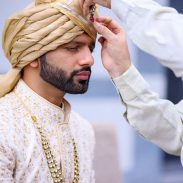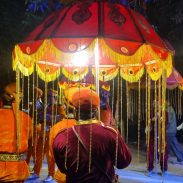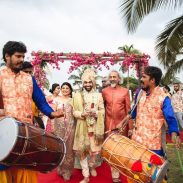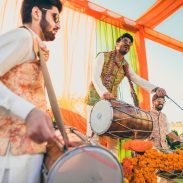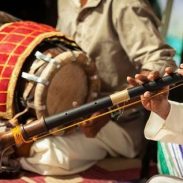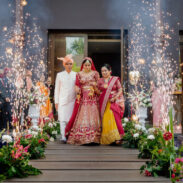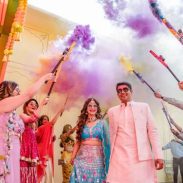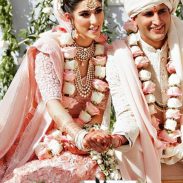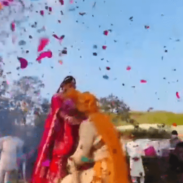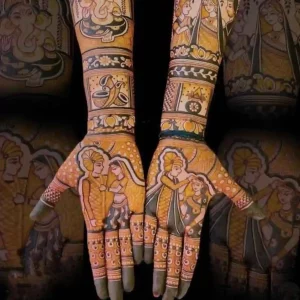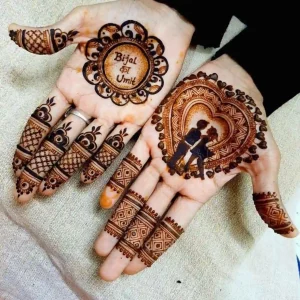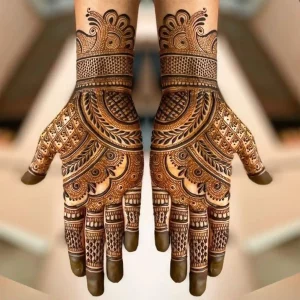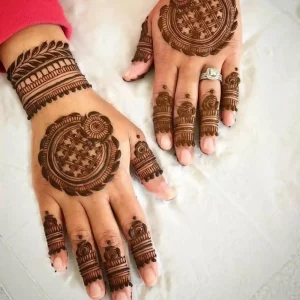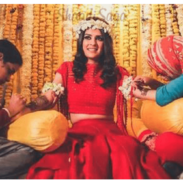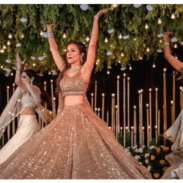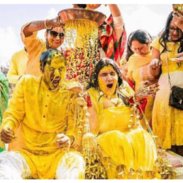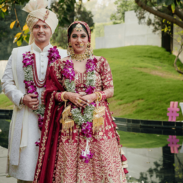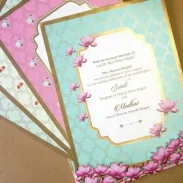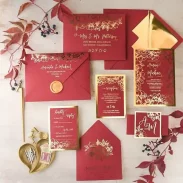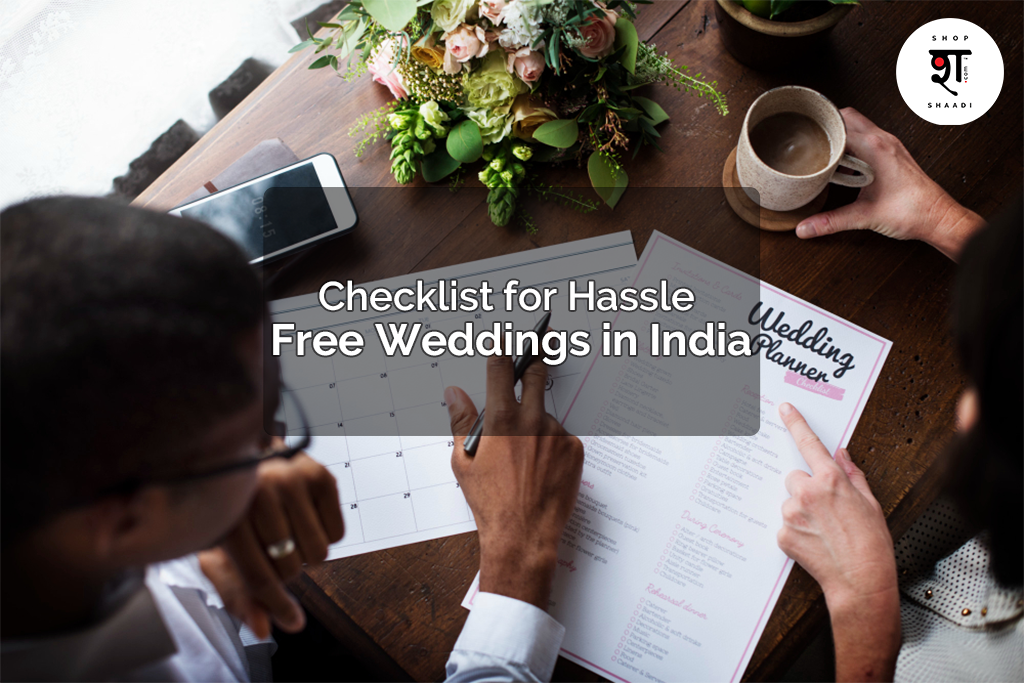Planning a wedding is one of the most exciting yet stressful challenges one can undertake. In India, weddings are often grand affairs with numerous rituals and ceremonies. It can be overwhelming to plan such an event, but with proper planning and organization, you can ensure that everything runs smoothly. Check out the comprehensive wedding checklist curated by Shopshaadi experts for planning a wedding in India.
- Set a budget: The first step in planning any event is setting a budget. Weddings in India can be expensive affairs, so it is essential to have a realistic budget in mind. Make a list of all the expenses that you will incur, including the venue, catering, decorations, outfits, and gifts.
- Choose a wedding date: Consult with your family and close friends to choose a date that works for everyone. Consider weather, availability of venues and vendors, and religious and cultural considerations.
- Determine the guest list: Create a guest list. Start with your immediate family and close friends, then work your way out to extended family and acquaintances. It is essential to analyse the capacity of the venue while creating your guest list.
- Select a venue: The venue is one of the most important aspects of a wedding. You need to book a venue that can accommodate all your guests comfortably. Popular venues include hotels, banquet halls, and outdoor venues such as gardens and beaches. Advance bookings will help you to avoid any last-minute hassles.
- Hire a wedding planner: Consider hiring a professional wedding planner to help you with the details of the wedding, such as booking vendors, managing logistics, and coordinating events.
- Book vendors: Book vendors, such as caterers, photographers, florists, and musicians, well in advance to ensure their availability on your wedding date.
- Plan the wedding rituals: Plan various rituals and ceremonies that will take place during the wedding. Consult with family members and religious leaders to ensure that all customs and traditions are followed.
- Choose wedding attire: Indian weddings are known for their colorful and elaborate outfits. Make sure to choose outfits that are comfortable and suit the theme of the wedding.
- Plan the menu: Indian weddings are known for their sumptuous food. Decide on the type of cuisine you want to serve, whether it’s Indian, continental, or a mix of both. You can also opt for a live food counter or a food truck to add variety to the menu. Select a caterer who can provide a wide range of dishes.
- Decide on wedding favors: Wedding favors are a way of thanking your guests for their presence at your wedding. You can choose from a wide range of wedding favors like personalized gifts, chocolates, and sweets.
- Choose transportation: Arrange transportation for the bride, groom, family members & guests to and from the venue.
- Photography and Videography: Wedding photographs and videos are memories you will cherish for a lifetime. You need to select a professional photographer and videographer who can capture the end-to-end wedding events.
- Arrange accommodation: Book accommodation for out-of-town guests, keeping in mind their budget and preferences.
- Plan the wedding entertainment: Indian weddings are incomplete without music and dance. You need to select a DJ or a band that can provide music for the various events of the wedding. You can also hire professional dancers to provide entertainment for your guests.
- Plan the wedding decorations: Wedding decor sets the tone for the event. Consider the theme of the wedding and choose decor elements that complement like flowers, lighting, or other props for a stunning ambience.
- Cross-check details: Review all the details of the wedding with the vendors, wedding planners, and family members to ensure everything is in place.
In conclusion, planning a wedding in India can be a daunting task, but with proper planning and organization, it can be a memorable and joyous occasion for everyone involved. Use this wedding checklist to ensure that you don’t miss any essential details, and remember to enjoy the planning process as much as the wedding itself.

